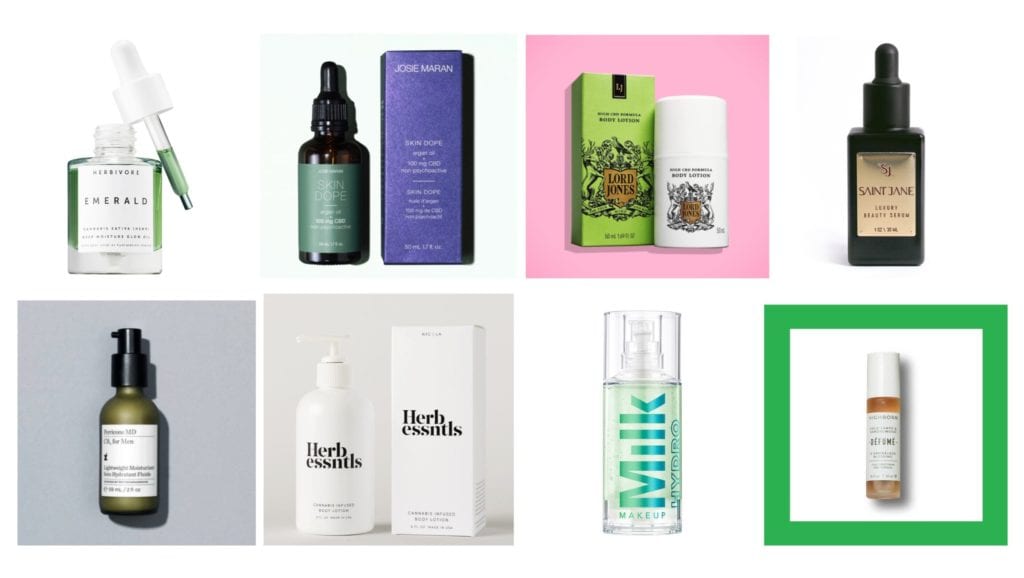The explosion of cannabidiol, or CBD, products – from trendy cosmetics to dietary supplements – is catching the attention of the Federal Trade Commission (“FTC”). The until-very-recently little-known chemical compound currently represents a $5 billion market, according to cannabis industry research consultancy Brightfield Group, up a whopping 700% in value from last year, and unsurprisingly, brands, whether they be CBD-specific beauty and skincare brands or established names in luxury cosmetics, are rushing to the market.
With such an flurry of activity in this burgeoning new market, and given the relative lack of clear legal guidance when it comes to the marketing of CBD-containing products, the FTC recently revealed that it has taken action against three currently unnamed companies that “sell oils, tinctures, capsules, gummies, and creams containing CBD, a chemical compound derived from the cannabis plant.”
According to a September 10 release from the FTC, each of the companies that received letters had “advertised that its CBD products treat or cure serious diseases and health conditions,” ranging from anorexia, bipolar disorder, post-traumatic stress disorder, anxiety, and depression to heart disease, cancer, and “a wide spectrum of autoimmune disorders.” One company claims that it has participated in “thousands of hours of research” with Harvard researchers to “bolster its claims that CBD has been ‘clinically proven’ to treat cancer,” among other illnesses.
Such claims must be “supported by competent and reliable scientific evidence” in accordance with the FTC’s requirement that all express and implied advertising claims, including health claims, be substantiated before they are disseminated by way of a company’s marketing.
It is unclear whether the companies on the receiving end of the FTC’s letters can actually back up their claims, prompting the agency to “urge [them] to review all claims made for their products, including consumer testimonials, to ensure they are supported by competent and reliable scientific evidence, [as] selling CBD products without such substantiation could violate the FTC Act and may result in legal action.”
The companies have 15 days from the date of the FTC letters to notify the agency of “the specific actions they have taken to address [its] concerns.”
While FTC letters are “not unusual,” according to Davis Wright Tremaine LLP’s Helen Goff Foster and Nicole Phillis, they indicate growing concerns among government regulators, and state and municipal health departments, alike, when it comes to “companies making health-related claims pertaining to CBD.” Foster and Phillis note that FTC warning letters often come prior to the agency “initiating a sweep of enforcement actions against [potentially industry-wide] unfair or deceptive practices.”
This marks the second round of letters that the FTC, the government agency that is tasked with promoting consumer protection, and eliminating and preventing anticompetitive business practices, has sent thus far this year.














